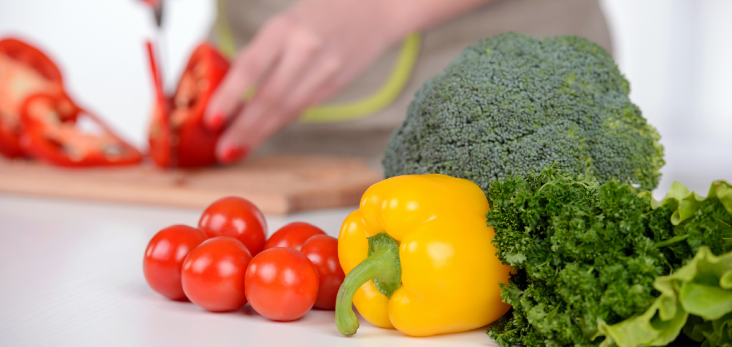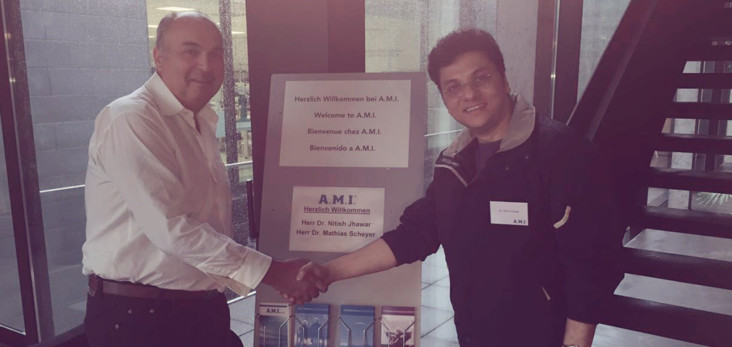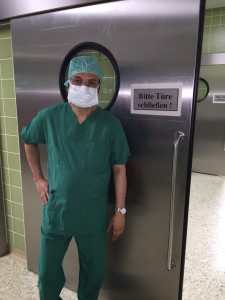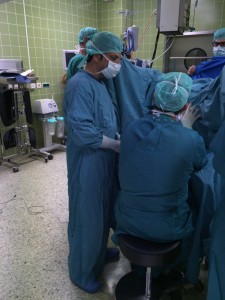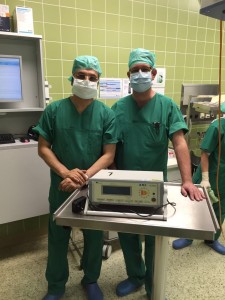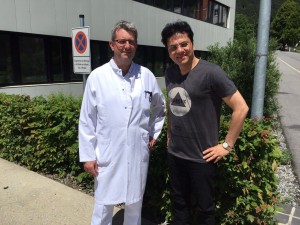Piles, or Haemorrhoids, is the condition where blood vessels around the rectum swell. This often results in pain, itching and bleeding, and also possibly resulting in prolapse (protrusion of the inner vessels) in more serious cases.
Early Piles often may heal on its own with adequate home care and self-help measures. Over-the- counter medicines can be used for the swelling and warm tub baths can help with the pain. However apart from these, one of the most important things to keep in mind is to avoid straining during bowel movements as it can aggravate the condition immeasurably. This is why patients having haemorrhoids need to adhere carefully to the dietary precautions in order to avoid constipation. Without it, piles might worsen to the extent of needing surgery. Read more about colorectal surgery: Gall Bladder Stone
Lifestyle changes such as a healthy diet and regular exercise can thus make an enormous difference to people suffering from piles. Key diet precautions that patients need to follow are:
Include High Fibre food
High fibre food helps in digestion and ensures regular bowel movements. The fibre from food adds bulk to your stools, make it softer thus enabling you to pass stools regularly without any strain. The ideal amount of fibre recommended per day for adults is 20 to 30 gms
To get this, your diet must include sufficient amounts of whole grain, lentils, fruits, vegetables and nuts. These provide you with not just the necessary dietary fibre but also essential nutrients. Doctors, in fact, recommend a minimum of 4.5 cups of fruits and vegetables every day.
Some of the recommended items are: Fruits such as Apples, pears, papaya, and vegetables like green leafy vegetables, cabbage, carrots, beetroots etc.
However, you must make sure to introduce food with the high fibre slowly into your diet so as to avoid cramps, stomach upsets and gas.
Avoid Processed Food
Processed food such as chips, burgers, freezer meals, pizzas although convenient do not contain any fibre and are also poor in nutrients. A diet which is predominantly made of processed food usually leads to constipation, which aggravates haemorrhoids. Doctors, therefore, advise patients suffering from piles to reduce junk food.
Avoid Refined Grains
Refined grains such as white bread, pasta are very low in dietary fibre and nutrients. Include whole grain items such as oatmeal, whole wheat pasta, brown rice to boost the amount of fibre in your meals.
Avoid Processed Meat
Patients suffering from piles must ideally avoid a diet that is meat-heavy since animal meat does not contain fibre. Processed animal meat is worse since apart having no fibre, it usually contains very high levels of salt, fat and sugar.
Increase Intake of water
Increased water consumption is helpful in softening the stools and to add bulk as the fibre in your digestive system absorbs the water and enlarges in size. This helps in the easy passage of stools. It is recommended to drink at least 8-10 glasses of water per day. Other recommended liquids that can be consumed include fruit juices and green tea, but avoid too much of caffeine.





